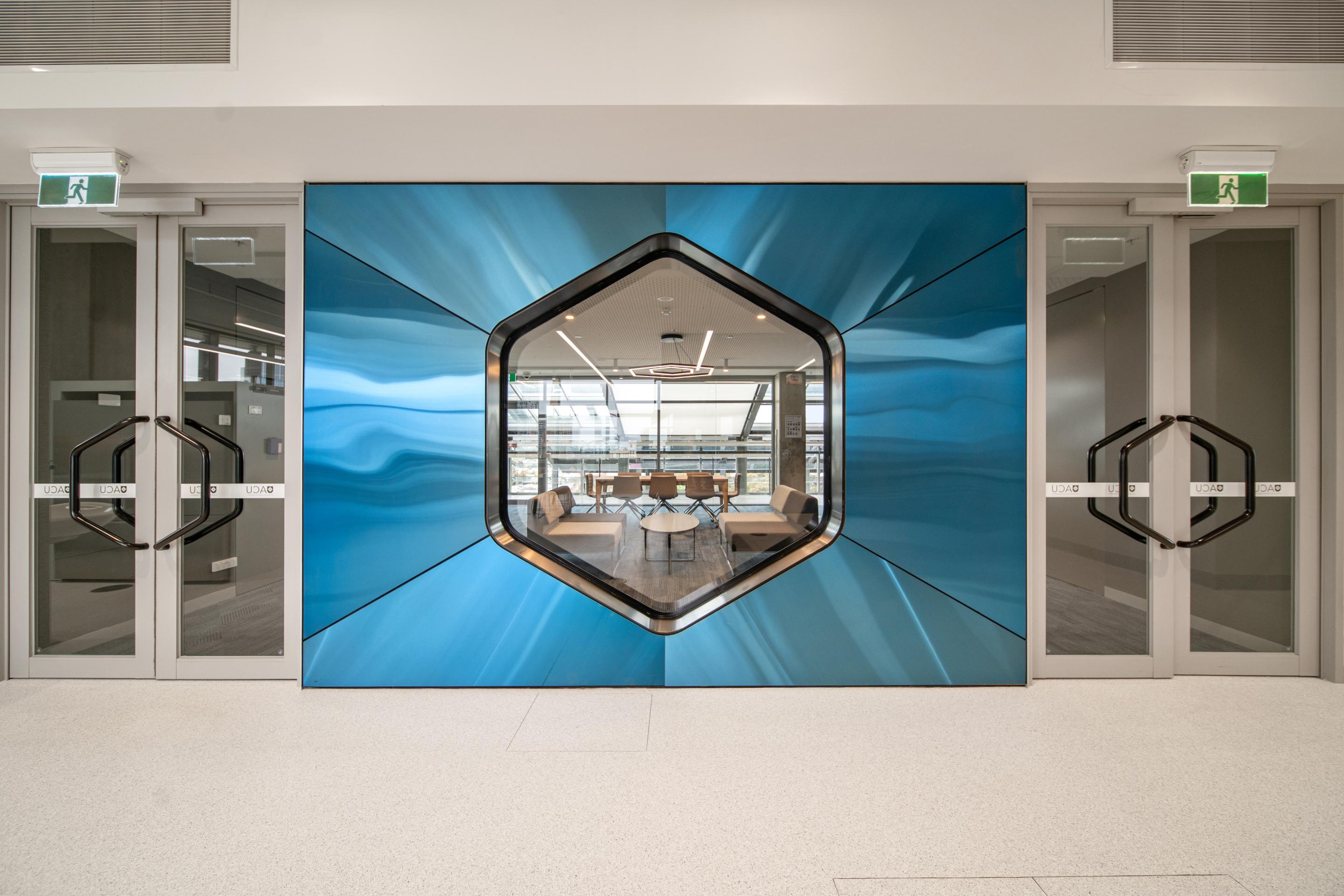A one-of-a-kind human metabolic chamber for a growing university.
Australian Catholic University’s (ACU) airtight metabolic chamber is a highly sensitive scientific instrument considered the gold standard for measuring metabolism. In partnership with the Mary McKillop Institute of Health Research, ACU purchased two metabolic chambers to provide a powerful tool for academic and research partners to accurately translate clinical research into outcomes for individuals living with life-threatening conditions, ranging from obesity and type 2 diabetes to diseases underpinned by rare metabolic conditions.
Designed and built by the world-leading team from Maastricht Instruments in the Netherlands, the whole-body room calorimeter is the only one of its kind in the southern hemisphere. Each chamber functions as a highly controlled environment for participants that allows the researcher to regulate variables of temperature, humidity, light, sleep rhythm and many other factors. Participants will be closely observed, empirically measured, and have specimens taken and analysed.
Supporting the metabolic studies undertaken by the Exercise and Nutrition Research Program and Sports Performance Recovery, Injury and New Technologies research centre, the existing kitchen located in Drake House will provide accurately prepared meals made in semi-laboratory conditions to participants during their stay.
The APP Group was appointed as project manager to provide consultant and contractor procurement, design management, value management, stakeholder management, and superintendency services for this project. Our team led the design coordination between local design consultants and Maastricht Instruments which required in depth discussions, working around time differences between all parties.
The chambers were prefabricated and tested in the Netherlands before being broken down for shipping to Australia. This required meticulous planning, collaboration between The APP Group, our delivery partner DEIONE and Maastricht to install the equipment on a two-week turnaround and coordinating daily onsite to solve technical issues.
The first human studies are scheduled to take place in early 2024.



